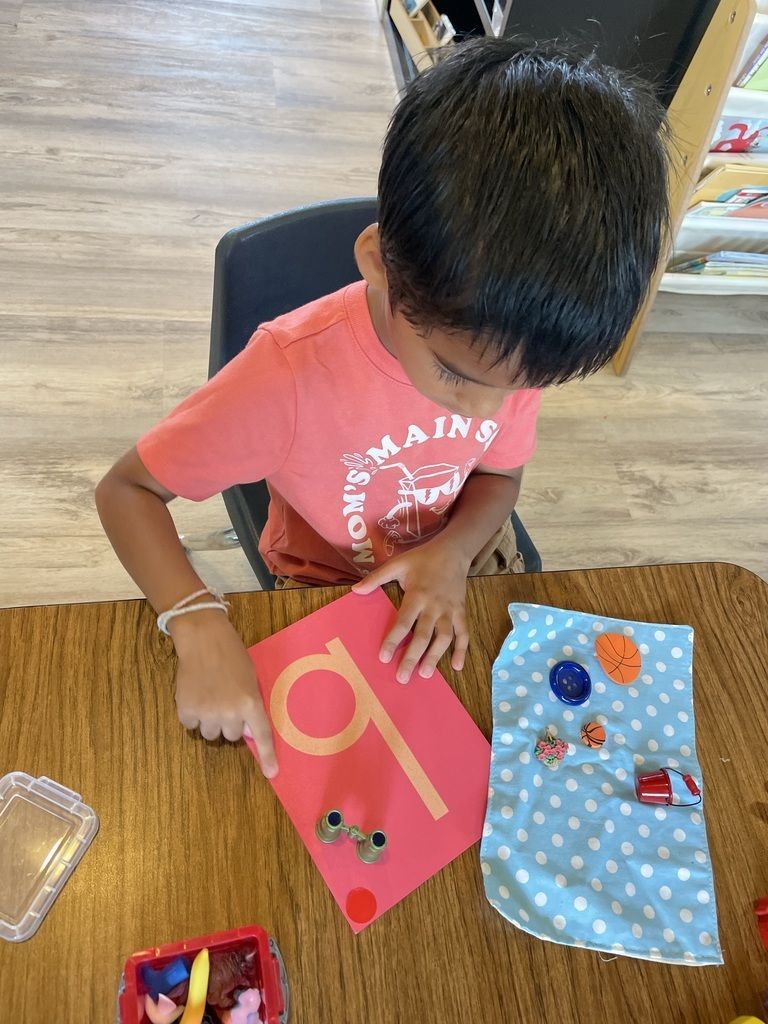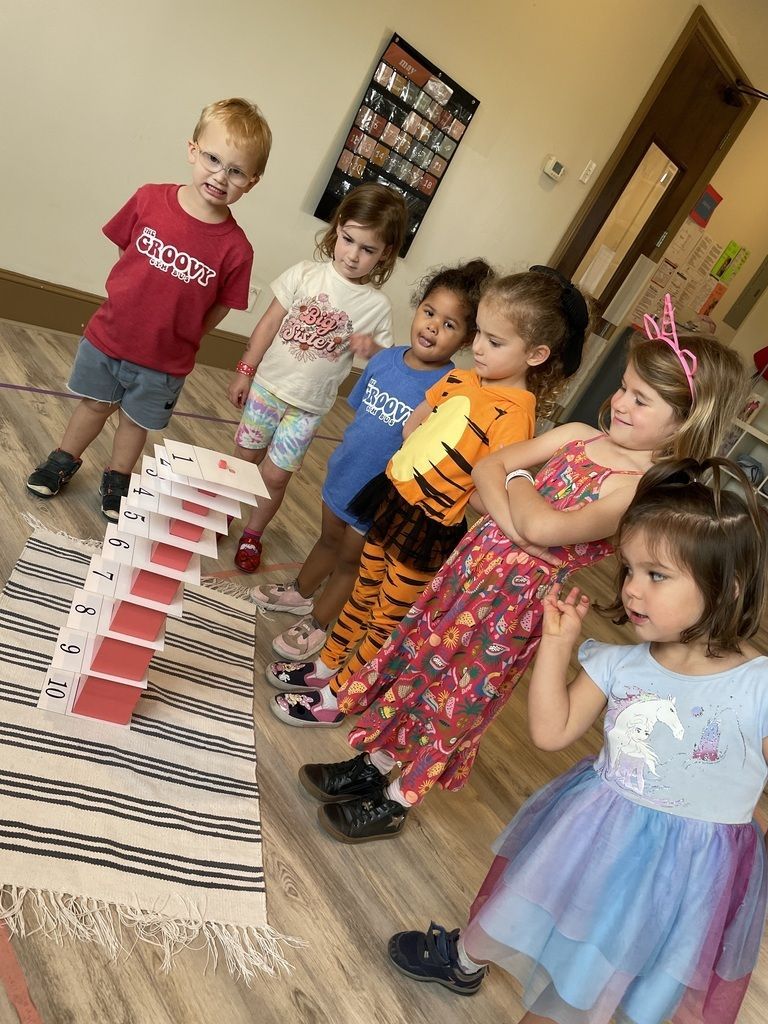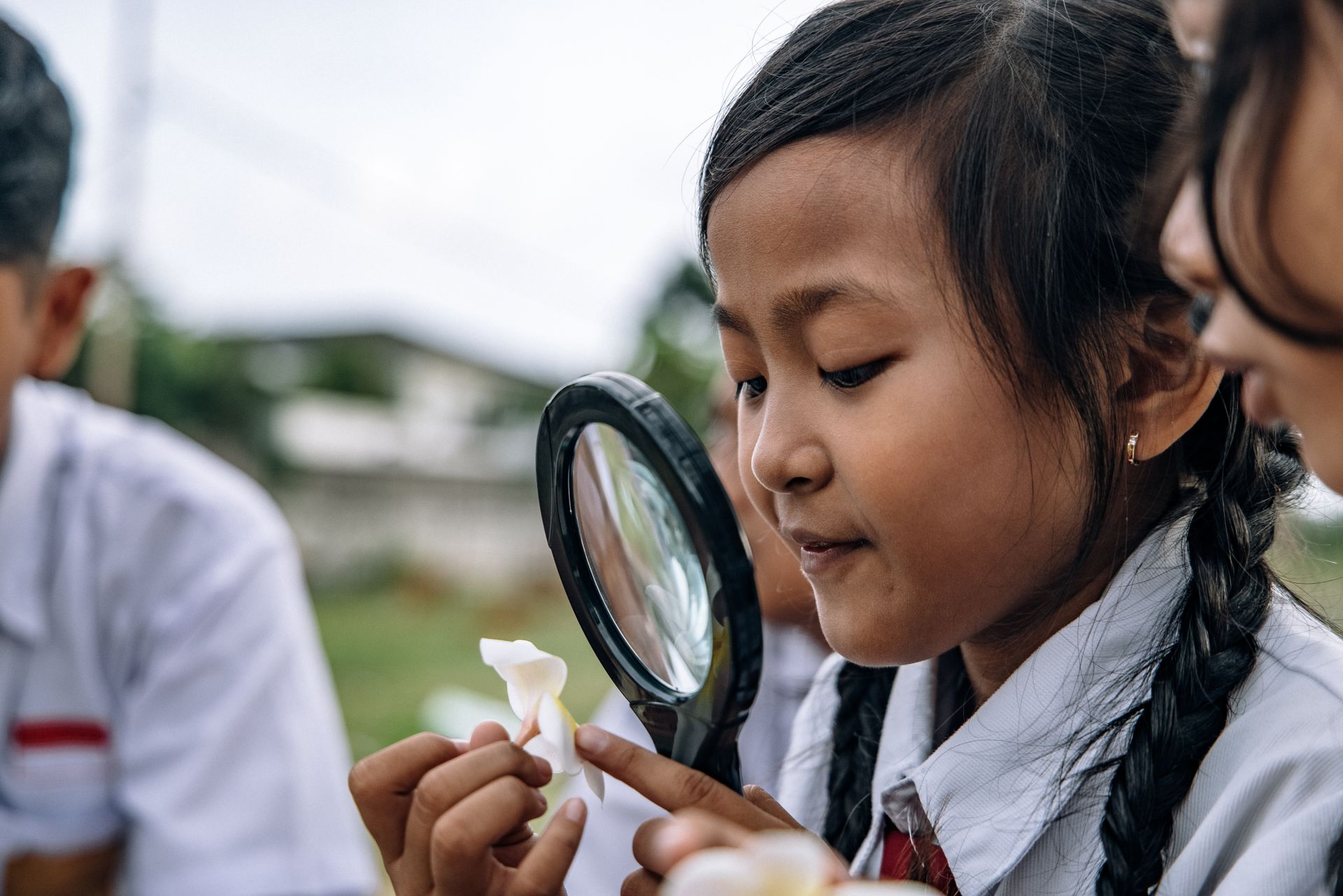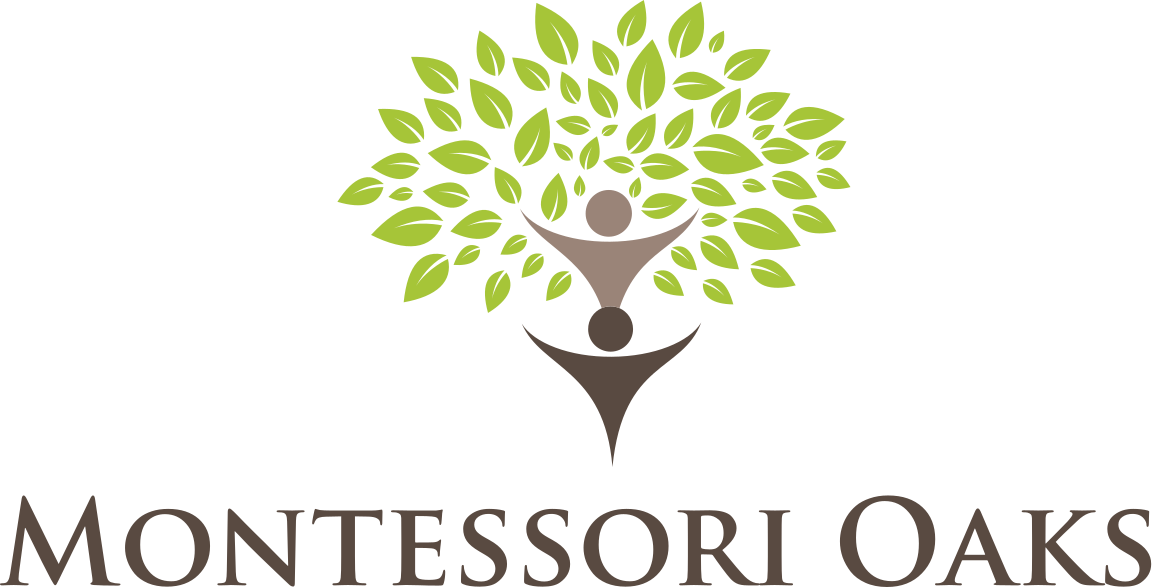The Role of Montessori Guides in Preschool Education

The Role of Montessori Guides in Preschool Education
In the enchanting world of Montessori preschools, the role of the Montessori Guide holds a special place of importance. These dedicated educators are not simply teachers but compassionate guides who play a transformative role in shaping the minds and hearts of young learners. In this article, we will explore the profound impact of Montessori Guides in preschool education, their unique approach to teaching, and the nurturing environment they create to foster lifelong learning and personal growth.
Understanding the Montessori Guide:
Montessori Guides are trained professionals who embody the spirit of Maria Montessori's educational philosophy. Their role extends beyond traditional teaching methods as they facilitate the learning process and respect each child as an individual on their unique developmental journey. In the Montessori classroom, the Guide acts as a navigator, observing each child's interests, strengths, and challenges. They carefully prepare the environment with thoughtfully curated materials, encouraging self-directed exploration and discovery. The Guide's keen observation skills allow them to identify each child's readiness for new challenges and experiences. They adapt their approach to suit individual needs, fostering a sense of accomplishment and confidence in each young learner. Montessori guides need to be able to observe children closely and track their progress. They must identify any areas where children may need additional support and provide assistance in a way that promotes individual growth. One of the most significant aspects of the Montessori Guide's role is to instill a sense of independence in their students. They encourage children to take responsibility for learning, make choices, and develop essential life skills.
In a Montessori preschool, the Guide is not a traditional authority figure but a partner in learning, growing, and thriving. Their commitment to the Montessori philosophy and respect for each child's unique potential create an environment where children flourish as capable, compassionate, and confident individuals. Montessori Guides are deeply committed to nurturing not only the academic growth of their students but also their emotional, social, and physical well-being. They create a warm and caring space where children feel safe and supported to express themselves. They instill the value of knowledge and the excitement of exploration, inspiring a lifelong pursuit of learning and personal growth. This is possible by curating the classroom, positive redirection, and giving the children freedom and individualized support.
What Makes a Remarkable Montessori Guide?
Many qualities make a remarkable Montessori guide. Most importantly, passion and desire to aid in children's growth and development are essential for a successful Montessori guide. To guide children effectively, one must possess patience, understanding, supportiveness, and the ability to model desirable behaviors. They are respectful, positive, and encouraging. Montessori guides need to be able to communicate effectively with children, parents, and other staff members. They need to explain Montessori philosophy and methodology clearly and concisely. Effective communication is vital for guides to establish trust with the child and parent. Trust and communication allow parents to be involved in their children's development and extend learning to their homes. When guides possess and nurture these skills, they play a significant role in forming a desirable community. For this reason, they are considered remarkable.
Conclusion
As we celebrate the transformative role of Montessori Guides in preschool education, we recognize that they are the heart and soul of the Montessori journey. Their dedication, passion, and love for their students create a lasting impact beyond the preschool years, guiding children to become lifelong learners and empathetic global citizens. In the embrace of Montessori Guides, our seeds blossom with boundless possibilities, and the foundation for a brighter, more compassionate world is cemented. Let us cherish and celebrate these remarkable educators who shape the future with love and wisdom.

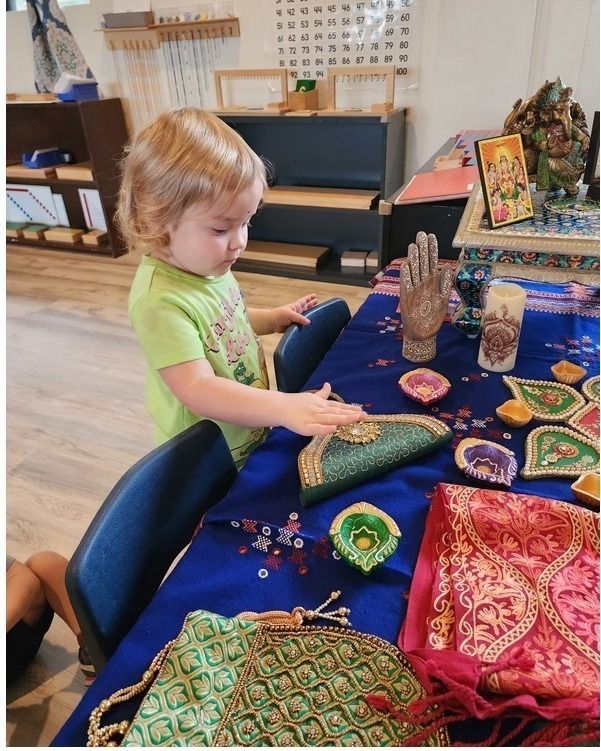
The Importance of Global Citizenship in Montessori Education: Introducing Kids to Different Cultures
